In this article, I discuss the benefits of using psychological skills as an alternative to medication in treating anxiety disorders.
In my last article, I indicated that medication is viewed by many as the treatment of choice for depression. It is also commonly used in the treatment of anxiety disorders. However, just as there are many drawbacks to using medication to treat depression, there are disadvantages to treating anxiety disorders using medication.
These include the same disadvantages of taking medication for depression which include: (1) Antianxiety medications do not work for certain people; (2) When they do work, people often need to try several medications and different dosages of them to find the proper medication and dosage; (3) Negative side-effects are common; (4) The cost can be prohibitive for certain people; (5) People who rely on medications are more prone to having their anxiety symptoms return when they stop taking them; (6) Taking medication for anxiety reinforces the view that the person can do little for their issue other than manage the symptoms with drugs.
Please note that there are significant additional drawbacks to taking medication to treat anxiety disorders beyond those which also apply to using medication to treat depression. One is that, compared with antidepressants, antianxiety medications are more likely to lead to tolerance (positive effects decrease over time) and withdrawal symptoms (unpleasant and sometimes severe reactions occur after discontinuing use).
Secondly, unlike with antidepressant medications, the use of antianxiety medications directly interferes with the individual doing what it takes to address their issue. That is, the fundamental treatment for anxiety disorders involves exposing oneself to anxiety and learning that you can function effectively while experiencing it. Antianxiety medications prevent the individual from getting this exposure. In addition, if a person is able to perform effectively while taking medication they will typically attribute their having done so to the medication rather than to their having demonstrated the ability to cope with anxiety.
Given the many negative aspects of using medication for anxiety disorders, choosing natural treatments is a preferred alternative. Fortunately, there are many natural treatments for anxiety disorders which do not rely on medication. In the following sections, I will discuss some of the key natural treatments for anxiety disorders from cognitive behavioural therapy (CBT) which I use with my clients in anxiety counselling in my work as a Calgary psychologist and a Cochrane psychologist.
Natural treatment for anxiety disorders with stress management activities
Stress management activities help you manage anxiety by giving yourself a chance to recharge your emotional batteries. The result is that you can better manage anxiety in challenging situations. Stress management activities include regular exercise. Although most forms of exercise are helpful, those with a cardio/aerobic component such as running, swimming and biking have the most beneficial effects in managing anxiety. Other enjoyable and relaxing activities also help with managing anxiety such as positive social interaction as well as participating in hobbies and interests.
Natural treatment for anxiety disorders with distraction
Sometimes called ‘attention-switching’, this natural treatment for managing anxiety focuses on helping a person take their focus off negative thoughts which are driving up their anxiety to hard-to-manage levels. Various kinds of distraction can be used to switch from negative thoughts to more positive thoughts including changing your visual focus, switching the topic of conversation, using distracting mental tasks (such as thinking of names starting with a certain letter), imagining being in a peaceful setting and distracting yourself by changing your environment (such as by going for a walk).
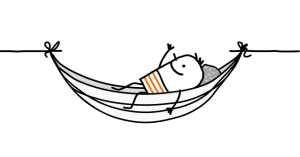
Natural treatment for anxiety disorders with physical relaxation
Directly calming the body through activities which invoke a relaxation response helps to lower anxiety to manageable levels. Diaphragmatic breathing, meditation and progressive muscle relaxation are a few activities of this type.
Natural treatment for anxiety disorders with cognitive restructuring
As with depression, another natural treatment for anxiety disorders which has research support is cognitive restructuring. This CBT strategy targets negative thinking patterns which drive up anxiety to levels which are difficult to manage. These thinking patterns typically focus on worrying and ‘catastrophizing’ in which a person focuses on thoughts and images of negative events and on one’s perceived inability to cope with these events. Cognitive restructuring skills help a person to identify these negative thinking patterns and change them to more balanced and accurate ways of thinking which help to lower anxiety to levels which are more manageable.
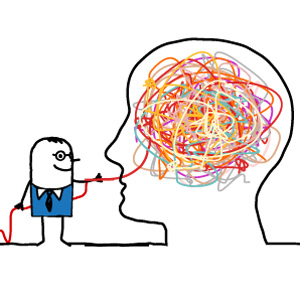
Natural treatment for anxiety disorders with exposure
The overarching natural treatment for anxiety disorders involves helping the person to gradually expose themselves to situations they have been avoiding because of their perceived inability to cope with anxiety they experience in those situations. Such exposure is facilitated by the various anxiety-management strategies discussed in the previous sections.
Getting this exposure helps the person address their anxiety disorder through two key processes: (1) Habituation (also called desensitization)—staying in situations over time while coping with anxiety can lead to a lasting reduction in the anxiety the person experiences in that situation; (2) Inhibitory learning—staying in situations over time while coping with anxiety can lead to a person having confidence that they can perform effectively in situations in which they experience anxiety.
A psychologist who specializes in cognitive behavioural therapy can help you use these natural treatments for anxiety disorders. Practicing the skills and strategies as part of these treatments will help you target the key cognitive and behavioural factors which are responsible for your particular difficulties in coping with anxiety.
May you use psychology to address the root causes of your anxiety issues,
Dr. Pat

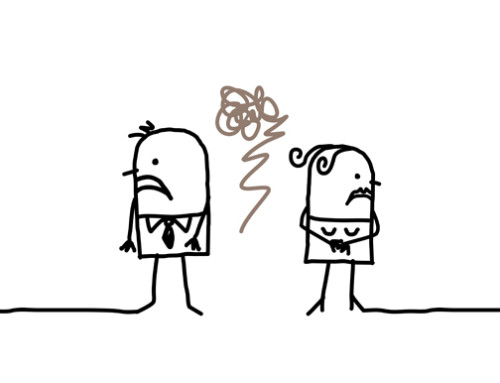
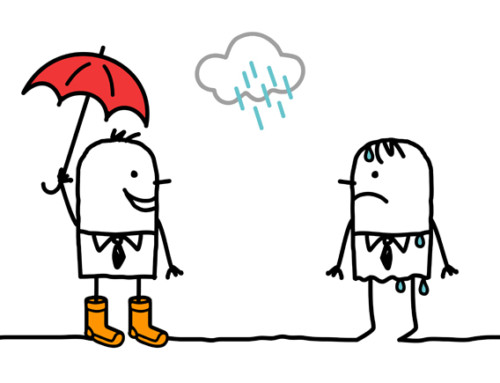
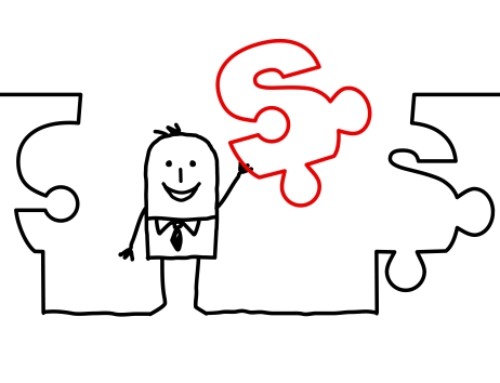
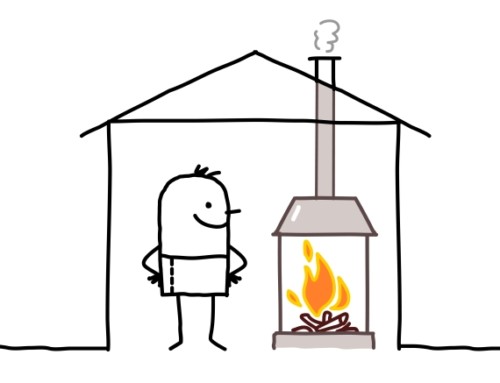
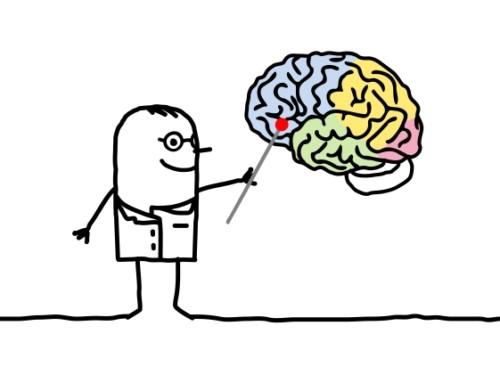
Leave A Comment